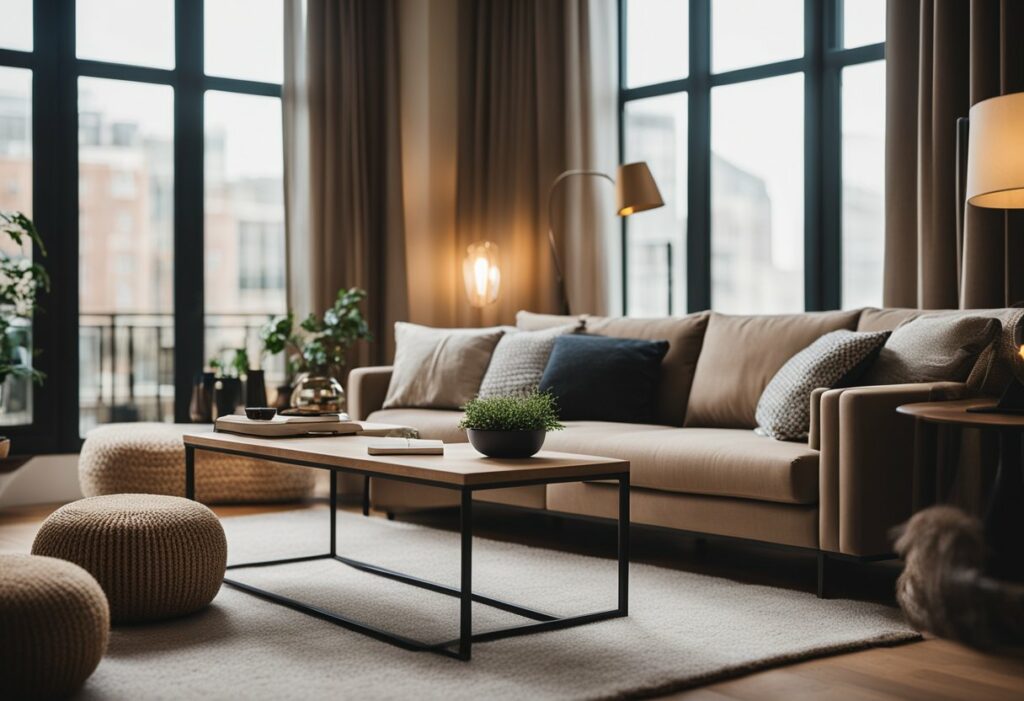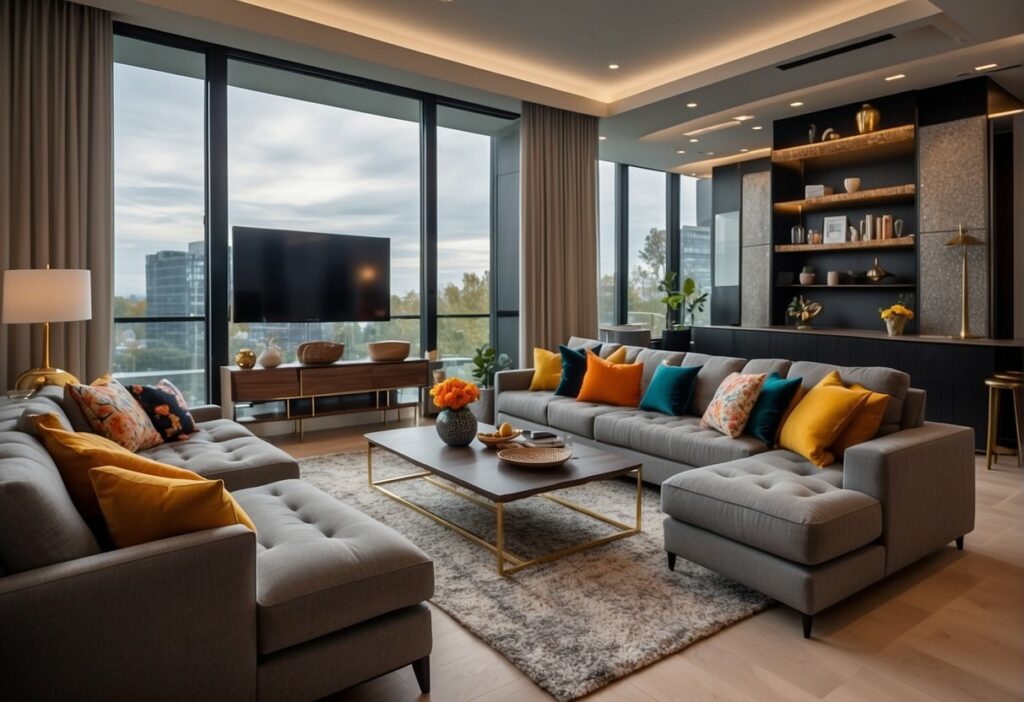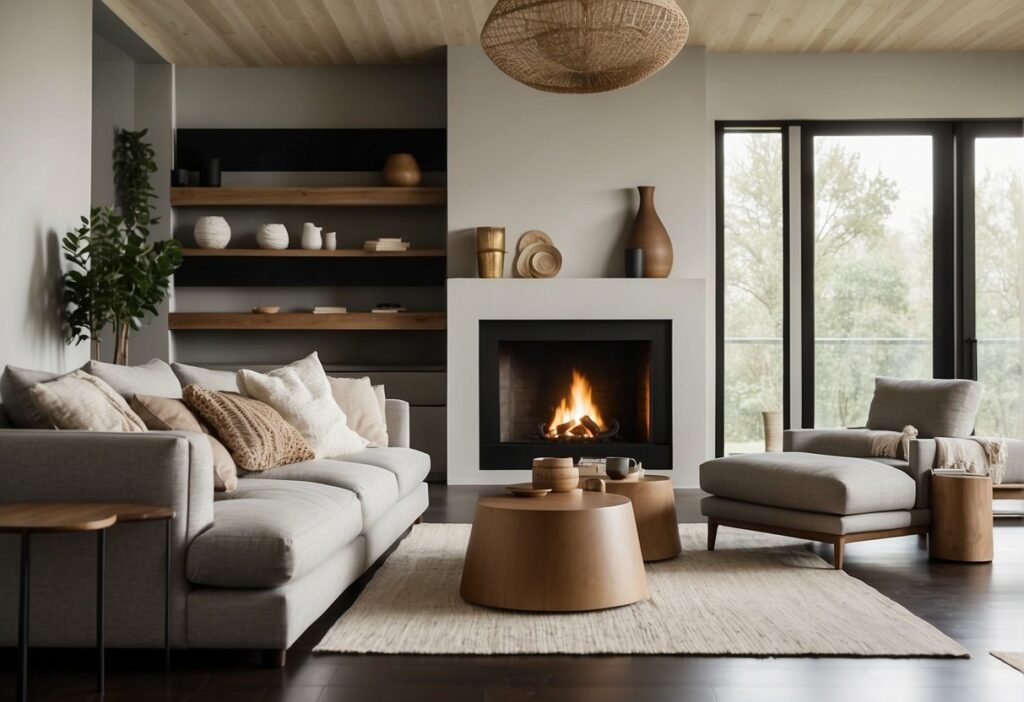Interior Design: What to Study for an Exciting Career
If you’re interested in pursuing a career in interior design, you’re probably wondering what to study. Interior design is a field that requires knowledge, skills, and creativity to create functional and aesthetically pleasing spaces. A formal education in interior design can help you develop these skills and provide you with the knowledge and experience you need to succeed in this field.
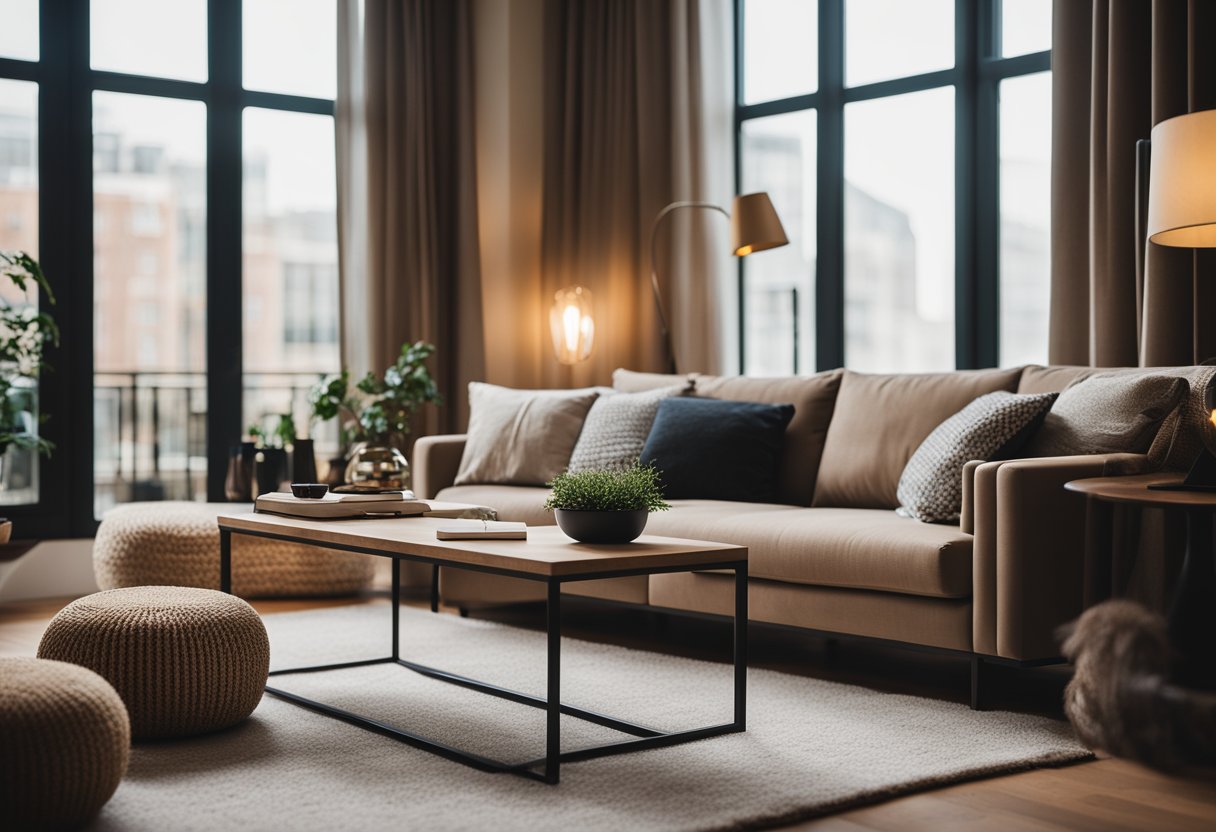
Core Studies in Interior Design When studying interior design, you’ll learn about the principles of design, colour theory, space planning, and drafting. You’ll also learn about materials and finishes, lighting design, and sustainability. These core studies in interior design will help you develop the skills you need to create functional and beautiful spaces.
Professional Development and Opportunities In addition to your core studies, you’ll also have the opportunity to develop your professional skills. You can participate in internships, attend industry events, and join professional organizations. These opportunities can help you build your network, gain experience, and learn about the latest trends and technologies in the field.
Key Takeaways
- Interior design requires knowledge, skills, and creativity to create functional and aesthetically pleasing spaces.
- Core studies in interior design include principles of design, colour theory, space planning, and drafting.
- Professional development opportunities include internships, industry events, and joining professional organizations.
Core Studies in Interior Design

If you want to pursue a career in interior design, you need to have a solid foundation of knowledge and skills. Core studies in interior design include understanding design fundamentals, technical proficiency and software skills, materials, sustainability, and built environment.
Understanding Design Fundamentals
Design fundamentals are the backbone of any successful interior designer. You need to have a good understanding of design principles, creativity, ideas, space, innovation, and design thinking. These skills will help you develop your own unique style and approach to interior design.
Technical Proficiency and Software Skills
Technical knowledge is essential for any interior designer. You need to have a good understanding of computer-aided design (CAD) software such as AutoCAD, SketchUp, Revit, and other 3D modelling and rendering software. These tools will help you create accurate and detailed designs, and communicate your ideas effectively to clients and contractors.
Materials, Sustainability, and Built Environment
Interior designers need to have a good understanding of materials, sustainability, and the built environment sector. You need to be able to select the right materials for each project, taking into account factors such as durability, cost, and sustainability. You also need to have a good understanding of sustainable design principles and how to incorporate them into your projects.
In summary, core studies in interior design include design fundamentals, technical proficiency and software skills, materials, sustainability, and the built environment sector. By developing these skills, you can become a successful interior designer and create beautiful and functional spaces that meet the needs of your clients.
Professional Development and Opportunities
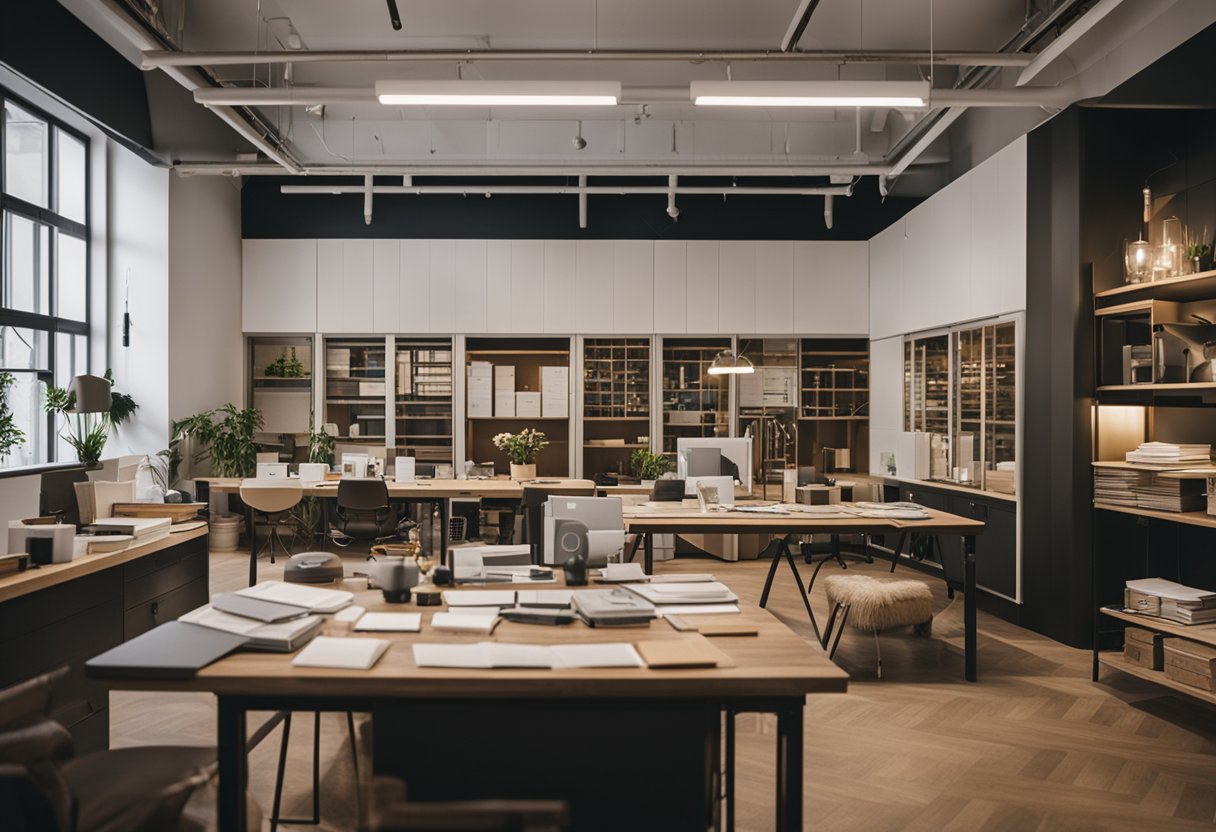
As you embark on your journey to become an interior designer, it is important to consider the various opportunities available for professional development. Building a career path in interior design requires a combination of education, communication skills, management, and critical thinking abilities. Singapore offers a variety of diploma programs, internships, and short courses that can help you achieve your career goals.
Building a Career Path in Interior Design
To build a successful career in interior design, it is important to have a clear understanding of your career goals. Whether you want to work as a commercial interior designer, exhibition designer, or residential interior designer, there are many different career options available to you. Consider pursuing a diploma in interior design from institutions such as Singapore Polytechnic or Higher Nitec to gain the necessary skills and knowledge to excel in your field.
Enhancing Communication and Management Skills
Effective communication and project management skills are essential for a successful career in interior design. Enhance your communication and management skills by participating in workshops and short courses that focus on writing, speaking, and problem-solving. These courses can help you develop the skills necessary to communicate effectively with clients, contractors, and other stakeholders.
Growth Through Education and Networking
Continuing education and networking are important for growth in any career field, and interior design is no exception. Consider participating in an internship programme to gain hands-on experience and build your professional network. Join professional organizations such as the Interior Design Confederation Singapore (IDCS) to stay up-to-date with industry trends and connect with other professionals in your field.
In conclusion, pursuing a career in interior design requires a combination of education, communication skills, management, and critical thinking abilities. Singapore offers a variety of opportunities for professional development, including diploma programs, internships, and short courses. By building your career path, enhancing your communication and management skills, and continuing your education and networking, you can achieve success as an interior designer.
Frequently Asked Questions
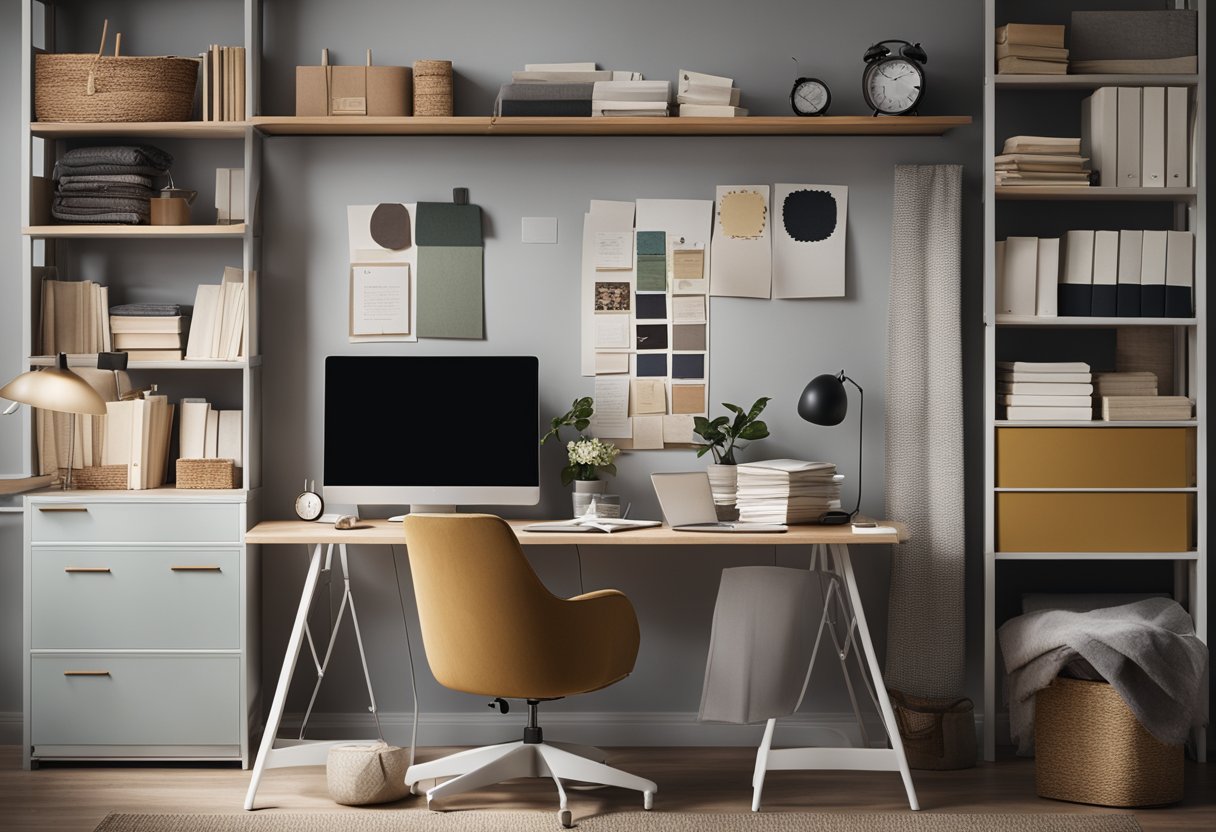
What degree should I pursue for a thrilling career in interior design?
To become an interior designer, you can pursue a Bachelor’s degree in Interior Design or a related field such as Architecture, Fine Arts, or Industrial Design. Additionally, a Master’s degree in Interior Design can further enhance your knowledge and skills in the field.
Which skills are essential to become a successful interior designer?
To become a successful interior designer, you should have excellent communication and problem-solving skills, creativity, attention to detail, and knowledge of design software. You should also have a good eye for colour, texture, and space planning.
How many exhilarating years of study are required to become an interior designer?
Typically, a Bachelor’s degree in Interior Design takes three to four years to complete. However, the duration may vary depending on the institution and the country you are studying in. A Master’s degree in Interior Design can take an additional one to two years to complete.
What are the most engaging courses to take for a future in interior design?
Some of the most engaging courses to take for a future in interior design include courses in design fundamentals, colour theory, space planning, furniture design, lighting design, and computer-aided design (CAD). These courses will provide you with a solid foundation in the field and help you develop the necessary skills to become a successful interior designer.
Can you recommend any vibrant online courses for aspiring interior designers?
There are several vibrant online courses available for aspiring interior designers. Some of the popular online courses include the Interior Design Institute, New York School of Interior Design, and Udemy. These courses offer flexible learning options and are designed to help you learn at your own pace.
Which universities offer the most dynamic interior design programmes?
Some of the universities that offer the most dynamic interior design programmes include the Royal College of Art, University of the Arts London, Parsons School of Design, and Rhode Island School of Design. These universities offer a comprehensive curriculum and provide students with hands-on experience in the field.

